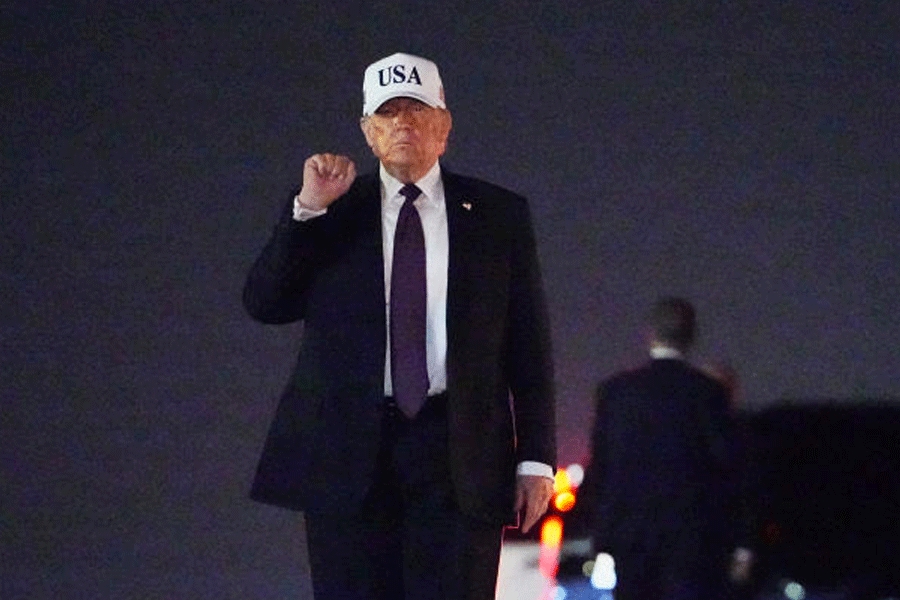Opec and its allies agreed on Thursday to stick to their existing policy of monthly oil output increases despite fears that a US release from crude reserves and the new Omicron coronavirus variant would lead to a fresh oil price rout.
Benchmark Brent crude fell more than $1 after the deal was reported, before recovering some ground to trade around$70 a barrel. It is now well below October's three-year highs above $86 but still more than 30 per cent up on the start of 2021.
The United States has repeatedly pushed OPEC+ to accelerate output hikes as U.S. gasoline prices soared and President Joe Biden's approval ratings slid. Faced with rebuffals, Washington said last week it and other consumers would release reserves.
Fearing another supply glut, sources said the Organisation of the Petroleum Exporting Countries, Russia and allies, known as Opec+, considered a range of options in talks on Thursday, including pausing their January hike of 400,000 barrels per day (bpd) or increasing output by less than the monthly plan.
But any such move would have put Opec+, which includes Saudi Arabia and other US allies in the Gulf, on a collision course with Washington. Instead, the group rolled over its existing deal to increase output in January by 400,000 bpd.
“Politics triumphs over economics. Consumer countries mounted enough pressure,” said veteran Opec observer Gary Ross.
“But weaker prices now will only mean stronger later,” he said
Ahead of the talks, US deputy energy secretary David Turk indicated there might be flexibility in the
US release of reserves, telling Reuters on Wednesday that Biden’s administration could adjust the timing if oil prices dropped substantially.











